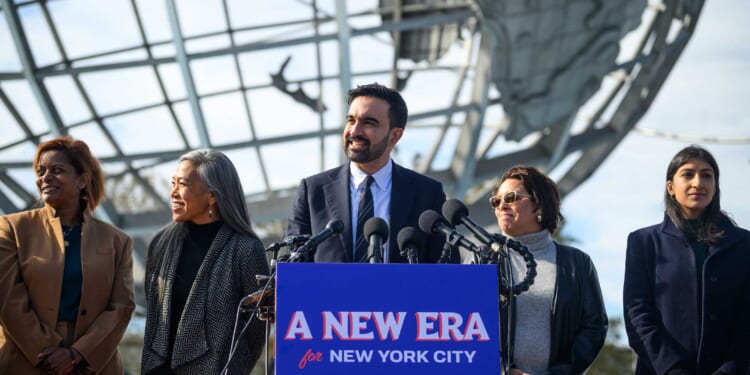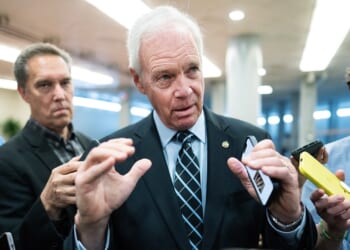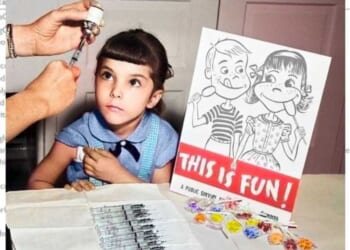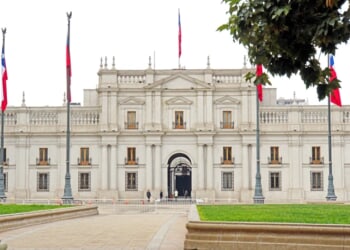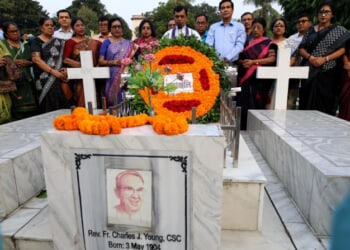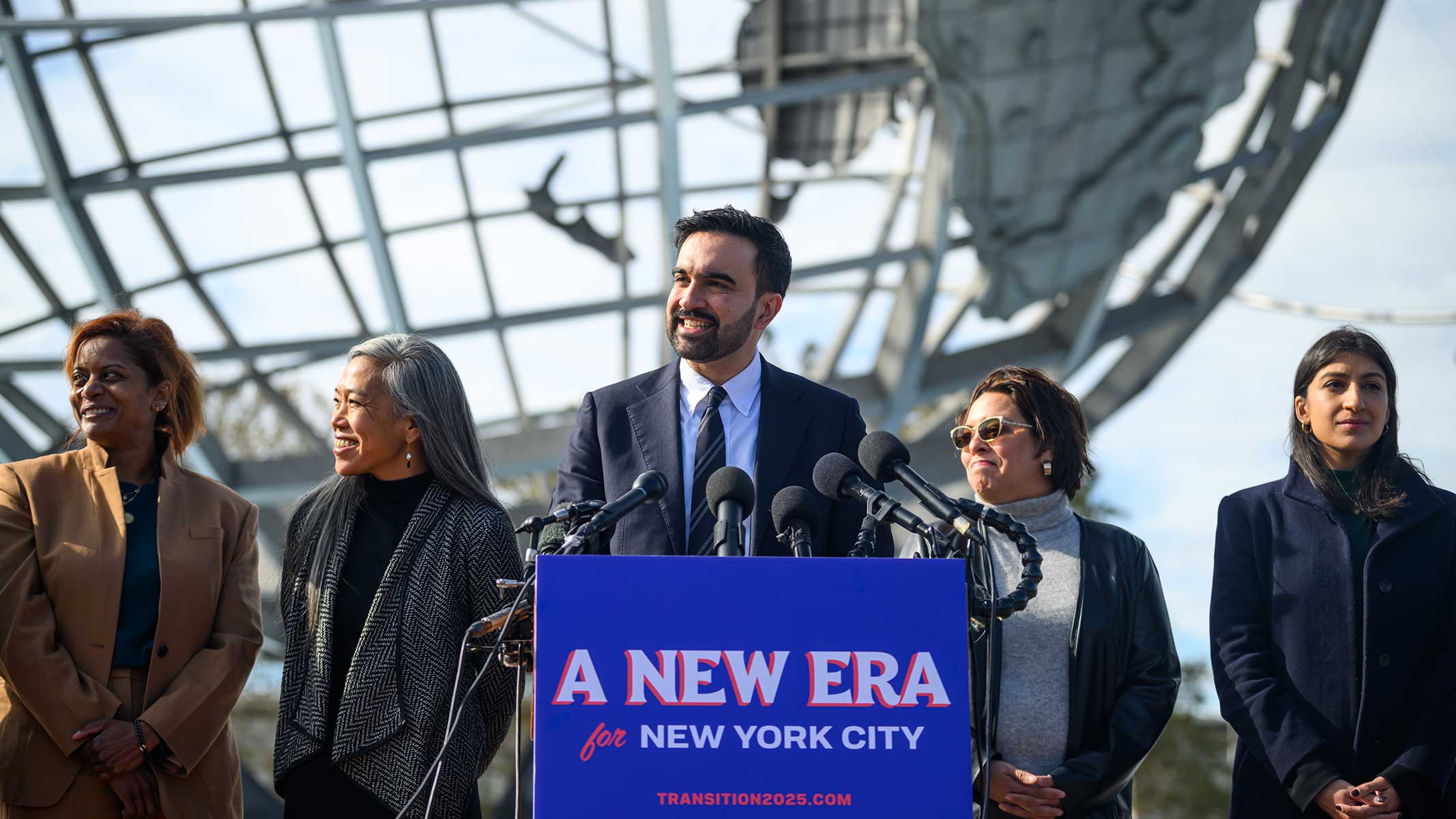
On Tuesday night, Zohran Mamdani was elected mayor of New York City, securing just over half of the vote. More than 2 million voters came to the polls, delivering a comfortable victory for Mamdani over his rival, Andrew Cuomo.
In the final moments yesterday, I talked with voters across the Bronx, Harlem, Upper West Side, and Financial District. Many told me that they were excited by Mamdani’s youth, energy, and commitment to improving affordability.
Finally, a reason to check your email.
Sign up for our free newsletter today.
Others were skeptical of Mamdani’s promises of fare-free buses, universal childcare, and rent freezes, and wary of the trade-offs those policies would entail. If Mamdani wants to create a city that works for all, he can’t forget their voices.
On Election Morning in Harlem, as an Andrew Cuomo-funded campaign float moved down the street, public sentiment closely mirrored the final results. Fatima, a bus rider who declined to provide her last name, said that she would back Mamdani for the “solid promises he’s been making,” particularly on fare-free buses.
Taz Khim, a sales associate at a nearby phone store, also backed Mamdani, hoping that he would deliver on his affordability promises. “My only fear with Mamdani,” he said, “is that he’s young and he’s not experienced . . . to lead the $115 billion budget of the largest city in the United States.” Should Mamdani staff his administration with competent and experienced people—he has pledged to retain Police Commissioner Jessica Tisch—the concerns raised by New Yorkers like Khim could be alleviated.
Earlier that day, a different result still seemed possible when I spoke with voters in the Bronx. Amid sparsely filled polling stations, Paul Degraffe said that he would vote for Cuomo. Degraffe questioned what the city would do if people “start breaking [into] stores,” alluding to the federal government shutdown and its potential effects on SNAP benefits. “You need to have a strong plan for here,” he said, adding that he doubted that Mamdani would have such a plan.
Shutdown aside, Degraffe’s comments point to the possibility that violence could escalate if the NYPD is undermanned. They also reflect New Yorkers’ concerns about public safety. To keep the city safe, the mayor-elect will need to show the kind of pragmatism he displayed near the end of his campaign when he spoke to business leaders.
Later, on 72nd Street in Manhattan, an encounter with former classmates from Columbia gave me a glimpse of the excitement that young people felt about Mamdani’s candidacy. “We’re very excited,” they told me, hurrying on to do some last-minute canvassing for him.
Moments later, Joan Dornemann, an Upper West Side resident for more than 60 years, told me that she did not consider Mamdani authentic, seeing him as focused on appearances. She was inclined to support either Cuomo or Curtis Sliwa.
Good-governance principles would require Mamdani to assemble “a very good team” of “very seasoned people,” said Allison Shtulsaft, who described her views as “very progressive.” On his plans to tackle housing costs, she said, “it might not look like the way he’s envisioning, but . . . he’s got the right idea.”
Don Julian, also of the Upper West Side, said “it’s about the promise, it’s about the youth . . . it’s about resistance to the status quo of Washington. . . . Maybe this would give people a chance again.” Asked about the trade-offs that Mamdani’s policies would entail, Julian acknowledged that they could drive some wealthy people out of the city. Nevertheless, he told me, “in the seventies and the eighties . . . housing was inexpensive,” and the city had a “thriving movement of art.”
Rent freezes won’t make housing more affordable, but expanding supply will. Voters approved four ballot proposals to accelerate new construction, which will give Mamdani the tools to do just that—if he’s willing.
Some voters weren’t buying it. Adam Moezenia, a musician, said he viewed Mamdani’s economic platform, including a rent freeze, as a “golden ticket” that does not necessarily “help the people that need help.” He hoped for a mayor who “will be good on quality of life and crime issues.”
An express-train ride later, I surveyed the mood in the Financial District.
A principal of one investment firm, who asked to remain anonymous, told me that New York is “already so inhospitable to startups that we look at very few investments in the city to begin with.” Given Gotham’s considerable concentration of businesses and its venture capital markets, it was “unlikely there will be an en masse exit immediately.” But if Mamdani succeeded in getting Governor Kathy Hochul to raise the state’s corporate taxes, businesses would be less inclined to invest in the city.
Mamdani should keep in mind that memorable slogans may win elections, but they don’t solve problems. Millions continue to look to New York City for opportunity. They hope their new mayor will deliver.
Photo by Alexi J. Rosenfeld/Getty Images
City Journal is a publication of the Manhattan Institute for Policy Research (MI), a leading free-market think tank. Are you interested in supporting the magazine? As a 501(c)(3) nonprofit, donations in support of MI and City Journal are fully tax-deductible as provided by law (EIN #13-2912529).
Source link

